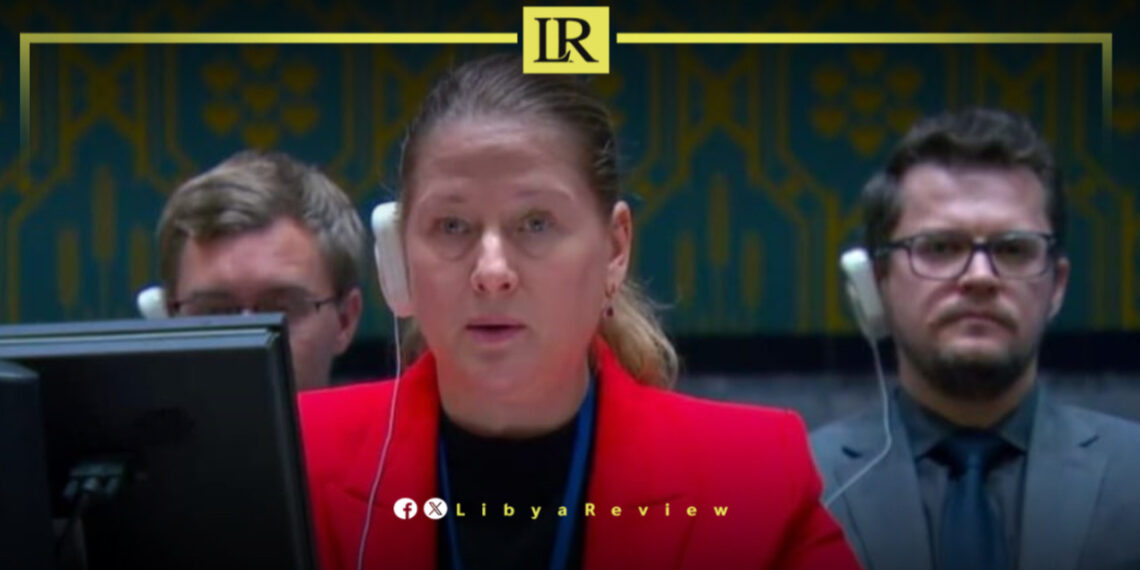Russia’s representative to the United Nations Security Council sharply criticised the International Criminal Court (ICC), arguing that the institution has “lost credibility” due to persistent double standards and politically selective investigations.
She noted that four countries have already withdrawn from the Rome Statute for this reason, describing the trend as evidence of declining international confidence in the court.
Speaking during a Security Council session that addressed global justice and ongoing crises, the Russian diplomat placed particular emphasis on Libya.
The Russian diplomat stated that the suffering endured by Libyans over the past decade is inseparable from NATO’s 2011 intervention, which she described as the “root cause” of the collapse of Libya’s state institutions, the destruction of its economy, and the rise of extremist and criminal groups. According to her, the intervention destabilized the entire African region by turning Libya into a hub for trafficking networks and armed actors.
She accused the ICC of reinforcing this instability by conducting what she characterized as selective and politically motivated investigations. In discussing the court’s focus on crimes against migrants in Libya, she claimed the ICC highlights isolated incidents while deliberately avoiding scrutiny of European states, whose migration and border-control policies have been widely criticized for contributing to dangerous crossings, abuses, and loss of life at sea.
The Russian envoy said European governments not only shaped harmful migration policies but also played a direct role in the 2011 armed intervention—factors she argued must be addressed to understand the origins of Libya’s migration crisis. She insisted that stabilizing Libya requires supporting its national institutions, strengthening domestic rule-of-law mechanisms, and respecting its sovereignty.
According to her, the ICC undermines these goals by interfering in Libya’s internal affairs and complicating efforts toward national reconciliation. She claimed the court has become an obstacle to normalization rather than a contributor to justice.


